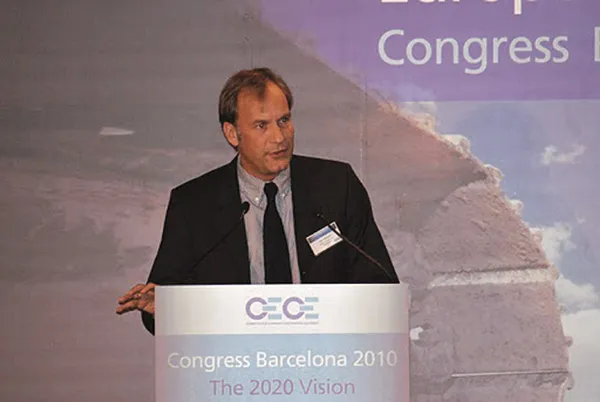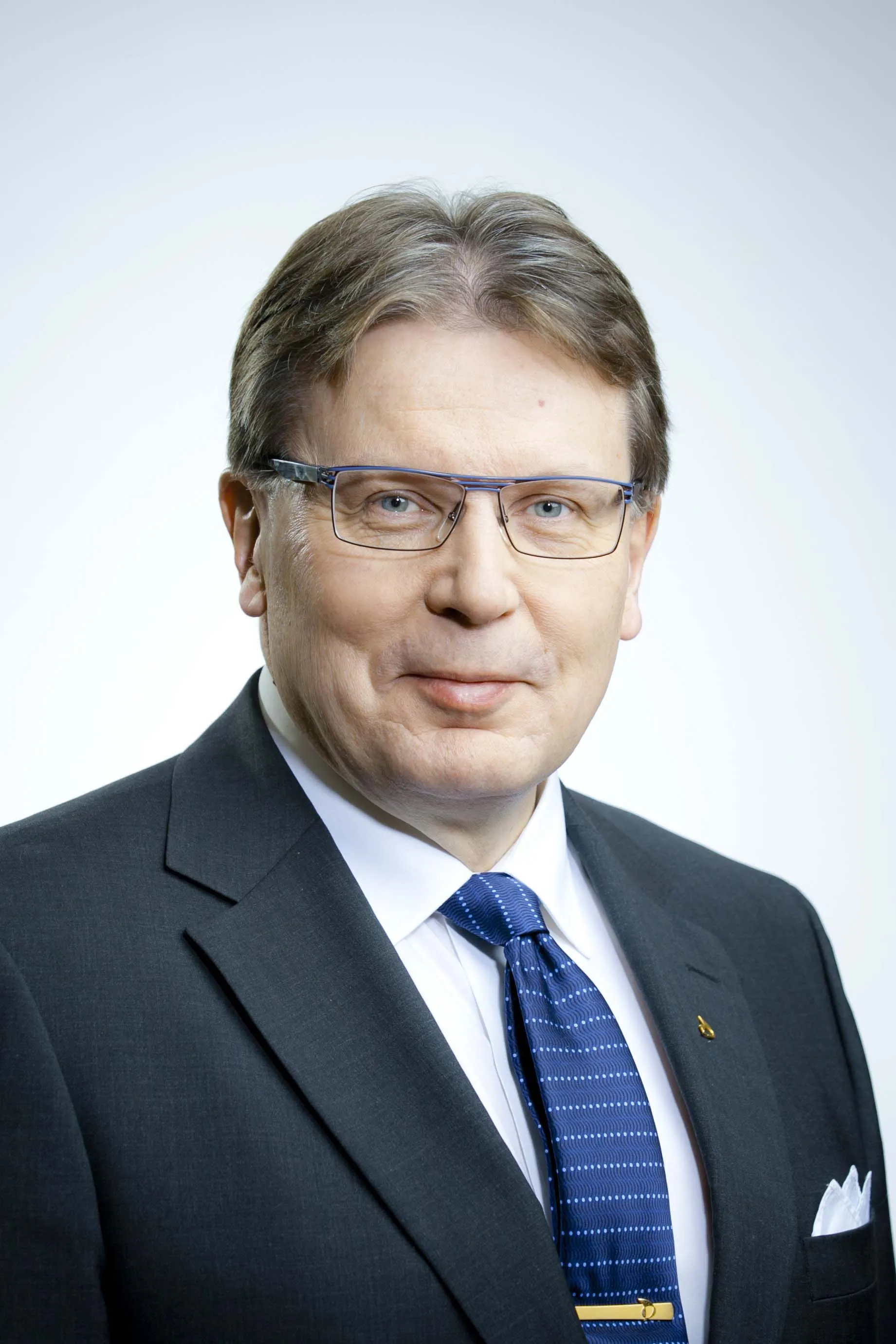The bi-annual CECE Congress was held in Spain when participants looked forward in a bid to see what will happen in the next ten years
Growth markets such as China, India and Brazil offer big opportunities to European construction equipment manufacturers. As companies, particularly those from China, start to expand outside their own countries the competition for business will increase, and it has been claimed that there is no such thing as 'the global market', rather it is the sum of hundreds, if not thousa
April 10, 2012
Read time: 5 mins

The bi-annual CECE Congress was held in Spain when participants looked forward in a bid to see what will happen in the next ten years
Growth markets such as China, India and Brazil offer big opportunities to European construction equipment manufacturers. As companies, particularly those from China, start to expand outside their own countries the competition for business will increase, and it has been claimed that there is no such thing as 'the global market', rather it is the sum of hundreds, if not thousands of individual markets, niches and applications.In such markets European manufacturers are well placed to take advantage of opportunities as it is becoming clear that "one size does not fit all" because of different legislative frameworks; working conditions and applications; customer preferences; technology requirements, and cost and value propositions.
Indeed, in a session at the bi-annual CECE (
More than 200 participants attended the congress, called The 2020 Vision, which focused on the trends that will define the business for construction equipment in ten years and on how European manufacturers can position themselves in the worldwide markets.
In a session The Future of Made in Europe was discussed by Henri Marchetta (president and director general,
It was agreed that new strategies are needed taking into account that developing markets may need different products to those sold in Europe. However, it was also acknowledged that manufacturers should not give up quality but that the focus should be on what features and technology levels are required, which needs an understanding of the applications and an open dialogue with the customer.
But it was pointed out that the strategy involves risks as it is crucial to avoid the bottom end of the market, which was described as "unattractive and purely price-orientated," and that it is of paramount importance not to dilute premium brands and products with new "Tier 2" products.
When asked, about 50% of the manufacturers represented in the session said they manufactured more than one tier of products to address both developed and emerging markets, while none of the attending sold products in Europe only.
Haeusgen, whose company HAWE Hydraulik manufactures technologically advanced, high-quality hydraulic components and systems, felt a relationship with European original equipment manufacturers (OEMs), based on common efforts to develop innovative solutions, would lead to a higher competitiveness of the European industry, while the predominant approach to cut costs in the purchase of components would lead in the opposite direction. He felt this would lead to a stronger shift of know-how to future competitors from emerging countries.
Speaking for HAWE, he said: "Volumes in Europe are stagnating. We have to focus our resources in the emerging markets.
"There is also a growing supplier base in the emerging markets. It is very clear that when
"Emerging markets are an opportunity for OEMs and not a threat. Zoomlion and Sany will not go away. If they turn more European based the costs will not be lower."
Stephan Bäumler, marketing director of
Juan Aixendri, general manager of Spanish group
This includes a critical view on costs in product development, extreme flexibility in production and a focus on after-sales and financing.
"After sales will definitely make the difference between the leaders and the followers," said Aixendri.
"It is clear that all companies have managers who can manage the business in times of instability. We will get used to expecting that things will never be the same as before and leaders will have to manage like never before." Professor Mike Rosenberg from the IESE Business School in Barcelona spoke on strategic management and making it count in the global market.
He urged participants to take part in long-term planning also in times of drastic short-term market changes, and despite a significant uncertainty.
He suggested looking ahead not only to 2020 but 20 years to 2030 and creating different possible scenarios which would describe possible developments.
"Strategy is about what to do and also about what not to do. Use your own judgement. Not to have a view is dangerous," he said.
"Keep your ideas open but watch what goes on because you might be wrong, and stay financially flexible." Professor Rosenberg later took part in a break-out session on scenario planning where the participants were split into two groups. One group had to consider how bad the situation could get for the construction equipment sector and why, while the other group was given the opposite task.
He said that he has conducted this exercise in many businesses, and very often four out of the top five priorities which the teams come up with are exactly the same.
"If a session, a subject, and an entire field of study were to be reduced to a single message, Mike Rosenberg's point would be that businesses in the construction machinery sector should continually invest in product development and should continue to think about possible scenarios for the future, both positive and negative ones," said a session attendee.








